

Today we’d like to introduce you to Dr. Christy Perez.
Hi Dr. Christy, thanks for sharing your story with us. To start, maybe you can tell our readers some of your backstory.
I come from beginnings that most people would never imagine for someone with the titles I hold today. My mother was murdered when I was five years old, and I grew up in Maryland’s foster care system, bouncing from home to home, often carrying the weight of physical and sexual abuse. By thirteen, I was living on the streets, learning survival the hard way but also finding community with the people who took me in — mostly older trans women of color and queer folks who taught me both toughness and tenderness. Like so many young people navigating poverty, trauma, and rejection, I became entangled in survival sex work and addiction. At seventeen, I moved to Atlanta, where those same patterns — bars, parties, the street economy — followed me. When I was nineteen, I was arrested and charged in a case tied to the chaotic world I was living in at the time. I pled out to charges like “pimping of a minor,” even though the reality was far more complicated: I had been turning tricks and using drugs with a trans friend I didn’t know was underage, and I got swept up in a broader scandal involving adults around me. That experience taught me what I know deeply now — that many of us who are victims of misfortune end up painted as villains. And it is why the heart of my work today is about reminding us all of our humanity, and refusing to reduce people to their worst circumstance or their worst moment.
From that foundation, I’ve lived several lives in one. I’m an Afro-Latina public theologian, journalist, strategist, and organizer whose work sits at the intersection of faith, freedom, and everyday survival. I earned my doctorate while incarcerated, and that experience reordered my life. It taught me that cages aren’t just made of concrete and steel — they’re made of policy choices, narratives, and the limits of our collective imagination. Inside, I turned to study, writing, observation, and prayer not only to endure, but to ask better questions: What does safety mean if it isn’t shared? What does justice look like if it isn’t healing? Who is responsible for harm? What role does society and religion play? How much time behind bars is enough?
When I came home, I made a promise to turn pain into power for more than just myself. Journalism became one of my first tools, starting while I was still incarcerated. As a writer, I bring stories of our communities into places they’ve been ignored or distorted — reporting on policing, prisons, reentry, harm reduction, and public health with a critical eye for the details and a tenderness for the humanity. I’m grateful that work has been recognized — including a 2024 PJP Stillwater Award for Best News Story and fellowships with the Marvel Cooke Abolitionist Journalism Fellowship and Columbia’s INCITE Writing for Justice program — but the real “award” is when people feel seen and resourced by the work.
At the same time, I built a practice as a consultant and strategist because I wanted to do more than describe the problem; I wanted to help design solutions. I’ve partnered with grassroots organizations and labor allies, advised on policy and program design, and coached leaders who are reimagining public safety, building membership pipelines, and strengthening their communities. In Atlanta, I serve as a Leadership Development Coach with SNaPCo (Solutions Not Punishments Collaborative), where we pair political education with practical pathways for people to take action. That work keeps me grounded: it’s where theory meets front-porch reality.
All of those threads come together in the Dreaming Justice Project (DJP), which I founded to be a home for abolitionist practice rooted in care. DJP builds power through community education, harm-reduction initiatives, reentry support, and leadership development — the things that make liberation tangible in people’s daily lives. We design teach-ins and toolkits, we convene coalition partners, and we create programs that help people imagine (and fund) what safety looks like without criminalization. My role as a public theologian lives here too: I treat justice as a spiritual practice, not just a policy agenda. That means centering dignity, belonging, and the wisdom of people who’ve lived the systems we’re trying to change.
I’m also a speaker and educator because I believe language can unlock possibility. Whether I’m preaching, lecturing, or facilitating a workshop, my goal is the same: to widen the circle. I invite people to hold complexity — to see how our struggles connect, how race, gender, class, and immigration status collide with punishment and public health, and how faith can be a site of liberation rather than control. In 2025 I was honored to be named an Atlanta Pride Grand Marshal, and I’ve used that platform to call our whole village together — to celebrate difference while organizing around what we share.
If there’s a through-line in my story, it’s this: I’m a social change engineer. I build with what’s in our hands — people, stories, budgets, coalitions, and a stubborn hope that refuses to quit. I know the cost of injustice up close, and I also know the joy of collective care. Today, whether I’m reporting a story, advising a campaign, facilitating a training, or hosting a DJP gathering, I’m working toward the same horizon: a Georgia — and a world — where everyone can live, love, and dream without fear.
Can you talk to us a bit about the challenges and lessons you’ve learned along the way. Looking back would you say it’s been easy or smooth in retrospect?
It definitely hasn’t been a smooth road. I’ve carried the weight of childhood trauma, foster care, incarceration, and all the barriers that come with trying to rebuild while society is more comfortable labeling you than listening to you. One of the most frustrating challenges has been when people try to “expose” me, as if I haven’t been transparent about my past or as if it’s something I’m ashamed of. I’ve spoken openly on podcasts and radio, written articles about my journey, and even been invited to lecture and consult at conferences where we unpack how sex workers, particularly those like myself forced into it by circumstances at young ages and later entangled in criminal cases, and justice-impacted people are often caricatured as villains by police and media — stripped of context, history, or acknowledgment of their victimization. My past isn’t a weapon against me; it’s the fuel that drives my work.
Beyond that, the struggles are the ones so many organizers and community leaders know well: burnout in underfunded movements, the heartbreak of seeing systems fail again and again, and the double bind of being an Afro-Latina trans woman — often expected to lead, rarely protected, and sometimes targeted even by people close to me. And yet, each challenge has sharpened my clarity. I’ve learned that transparency is not a liability, it’s a strength. Surviving makes you strategic, and healing makes you visionary. The road hasn’t been smooth, but it’s made me who I am — and it keeps me fiercely committed to building a world where others don’t have to stumble through the same barriers I did. I know firsthand what’s at stake, and I refuse to turn away from it.
As you know, we’re big fans of Dreaming Justice Project. For our readers who might not be as familiar what can you tell them about the brand?
The Dreaming Justice Project (DJP) is my most personal passion project, newly launched as a home for abolition, harm reduction, reentry, and healing. We are still building infrastructure — our website is under construction — but people can follow us on LinkedIn at Dreaming Justice Project and on Instagram @the.djpc to stay connected as we grow. DJP was born out of my own lived experience and my professional work — it’s where abolition, health, leadership, and care converge to imagine something bolder than the systems we’ve inherited.
DJP’s work is anchored by two main prongs. The first reimagines public safety as a public health issue — shifting resources away from policing and punishment, challenging corporate profiteering from incarceration, and educating companies on why hiring justice-impacted people is good for both business and community wellness. The second prong is building and supporting alternatives to incarceration — harm reduction, reentry support, job skills training, and rehabilitation services that help people not just survive but thrive.
What I’m most proud of about DJP the needs-based programming that this vision comes alive through: Community Wellness Forums, Justice@Work Consulting, Abolition in Action Workshops, the Next Chapter Reentry Support Program, Dream Builders Career Lab, Healing Without Punishment, Freedom to Thrive, Sanctuary Dialogues, Sacred Disruption | Theology for Today, the Stories That Shift Media Lab, the DreamWell HIV Initiative, and the Common Good Initiative.
I bring to this work the entirety of my personal lived experience and that acquired as former cofounder and Deputy Director of Poder Unides, as well as in my current role as Leadership Development Coach with SNaPCo, and my service as a Senior Advisory Board Member for the FIT Clinic at Emory University. Together, these roles keep me rooted in the reality that justice is not only a political demand but also a spiritual practice and a community commitment. DJP is how I live that belief out loud — and it’s the project I’m most proud of, because it creates space for directly impacted people to lead, dream, and shape the world we all deserve.
We’re not just building programs, we’re building a vision: a Georgia, and a world, where abolition is not an abstract idea but a daily practice rooted in care. Our offerings reflect that and, if there’s one thing I’d want Voyage ATL readers to know, it’s that DJP is a place for creating possibility and second chances. We’re dreamers. And yes we’re small and new, but we’re intentional. We’re building something bold and needed, and we’d love for you to follow along, support, and dream with us.
What quality or characteristic do you feel is most important to your success?
The most important quality to my success has been resilience mixed with compassion. Resilience because my life has demanded it — I’ve had to keep going through loss, addiction, trauma, incarceration, and the kinds of setbacks that could have easily ended my story. But resilience alone can harden you. What’s made the difference is pairing it with compassion — for myself, for the communities I serve, and even for people who don’t yet see the world the way I do.
That combination allows me to keep showing up. It’s why I can walk into a classroom, a conference, or a legislative office and speak both from lived experience and with a vision for something better. It’s why I founded the Dreaming Justice Project — because I know resilience keeps us alive, but compassion is what makes us human.
Pricing:
- Donations welcome & needed to fund our work!
- Please reach out to dreamingjusticecollective@gmail.com about making a donation
- Or contact our fiscal sponsor regarding making a donation to DJP
- Fiscal sponsor contact: info@nonprofitaccountingservice.org
Contact Info:
- Website: https://Uncagedcritique.com
- Instagram: https://www.instagram.com/uncagedchristy and https://www.instagram.com/the.djpc
- LinkedIn: https://www.linkedin.com/in/dr-christy-perez-95b2a5235
- Twitter: https://x.com/uncagedchristy?s=21
- Other: https://muckrack.com/c-dreams
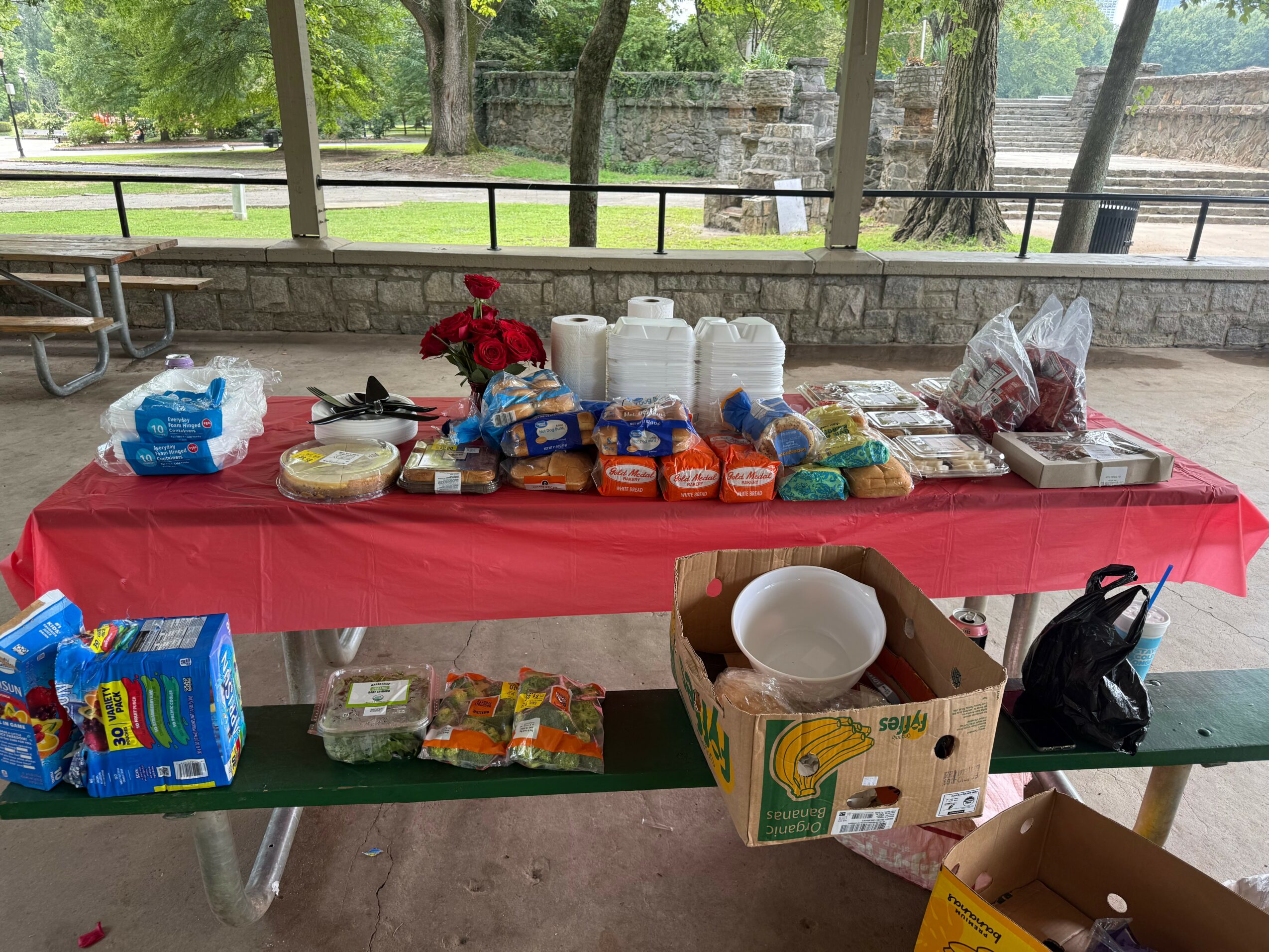
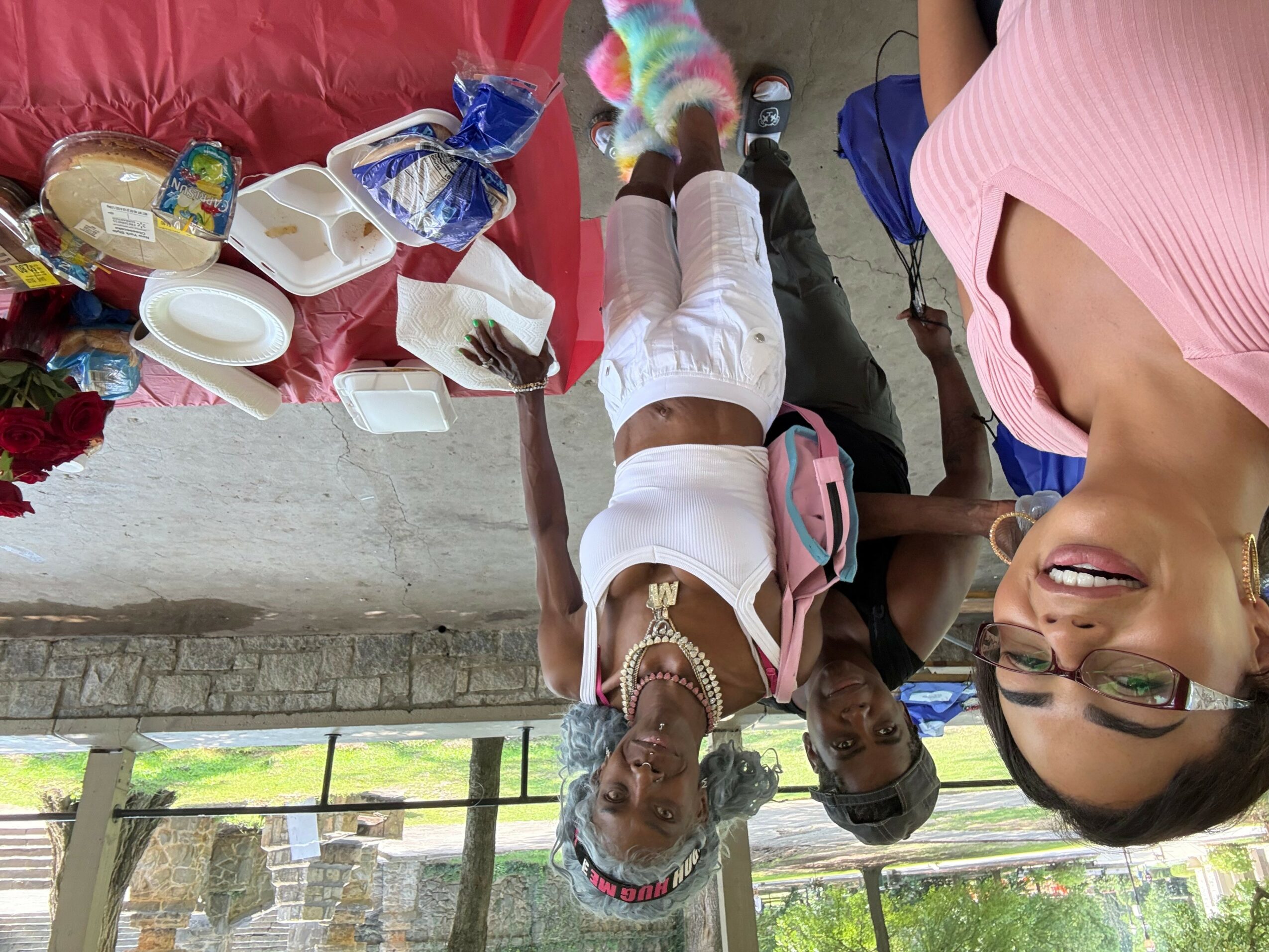
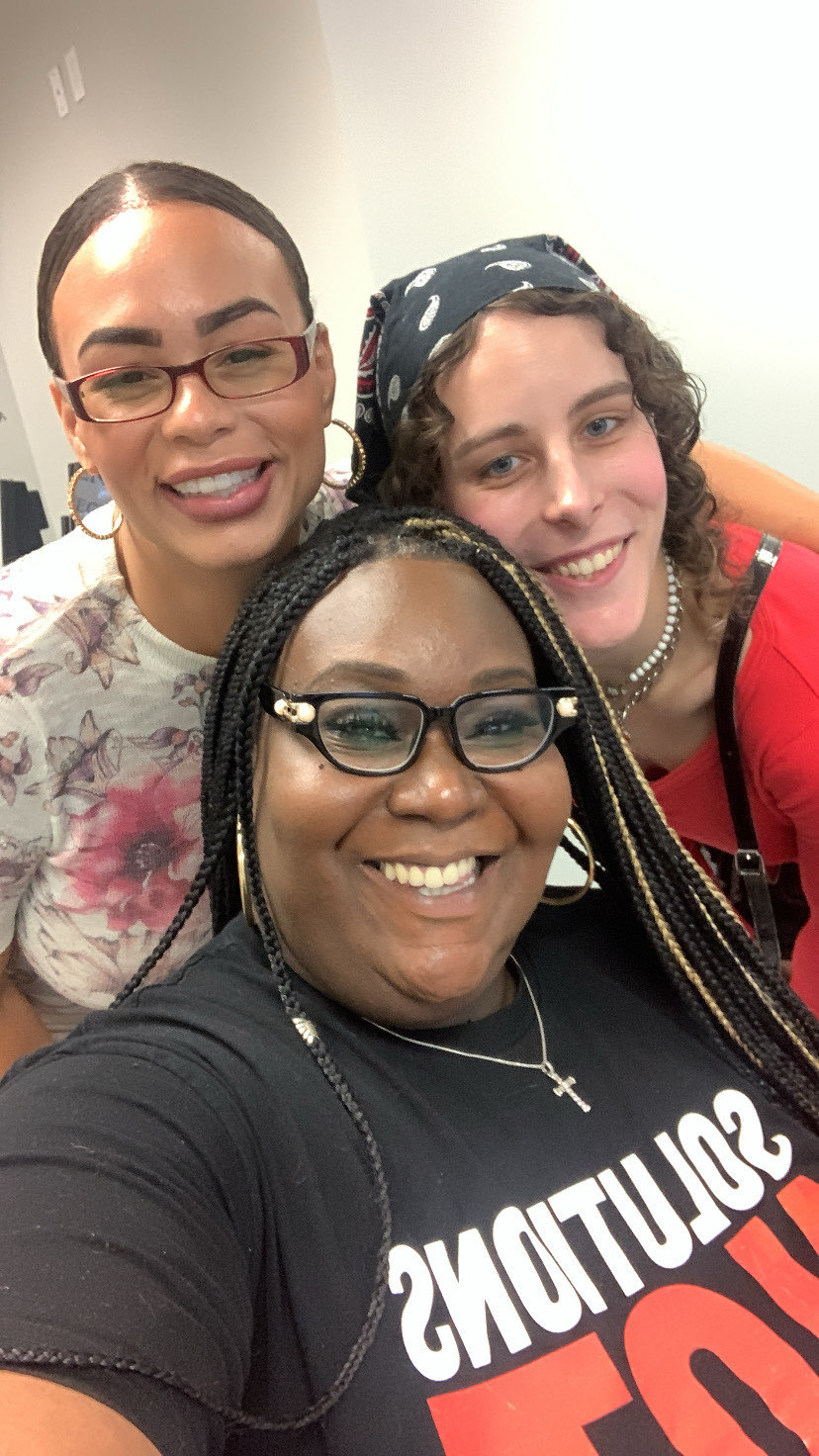
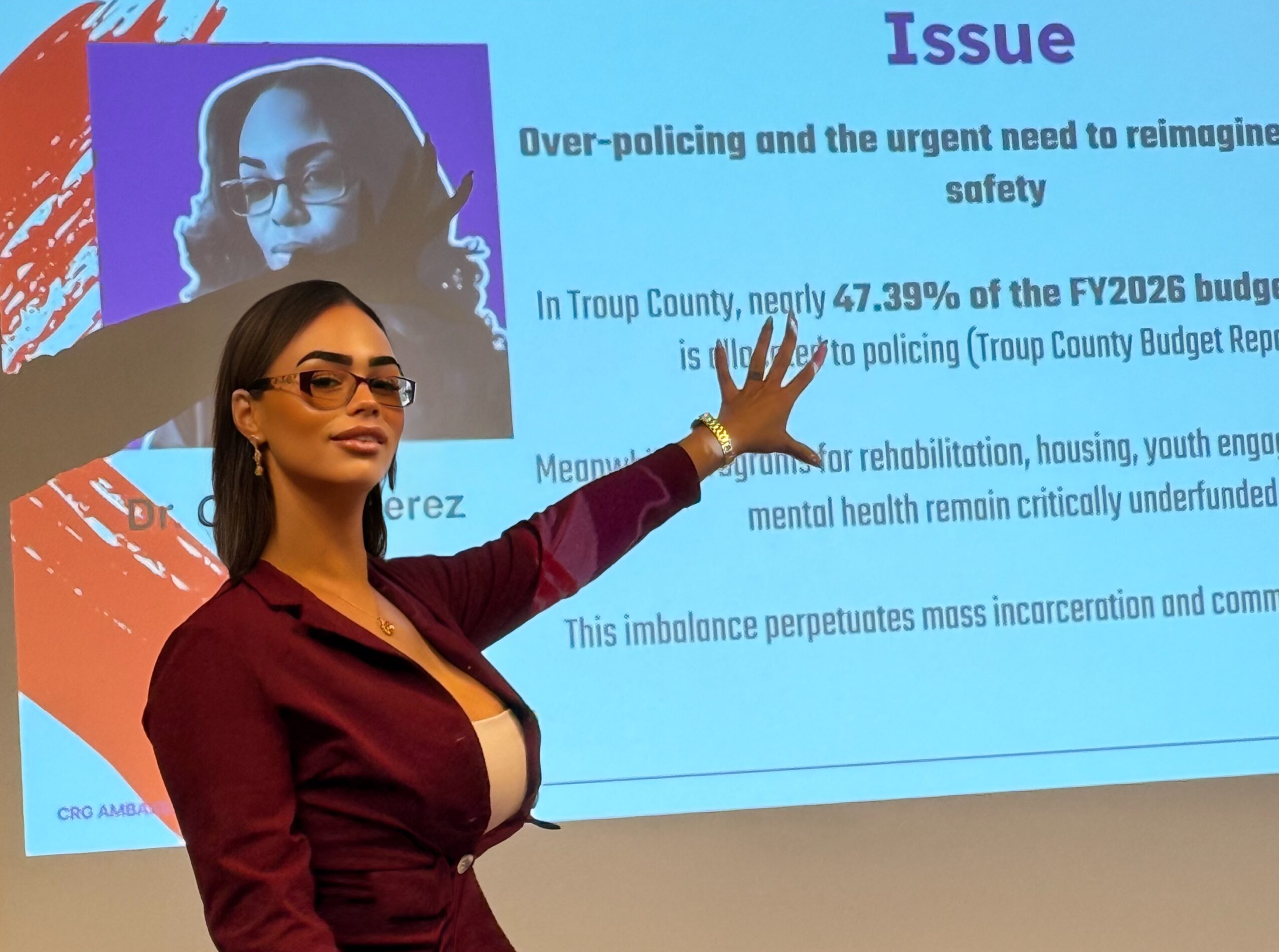
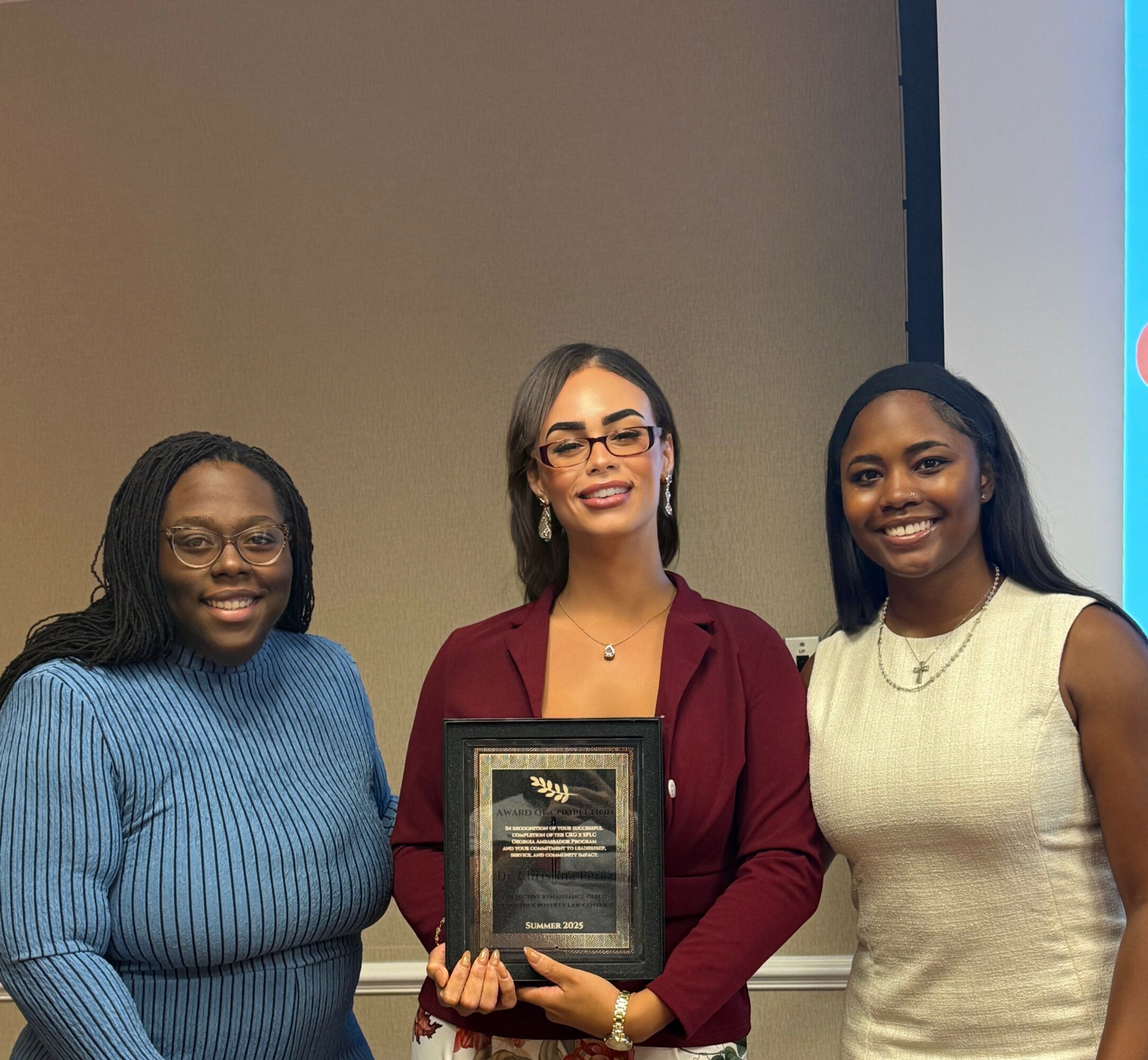
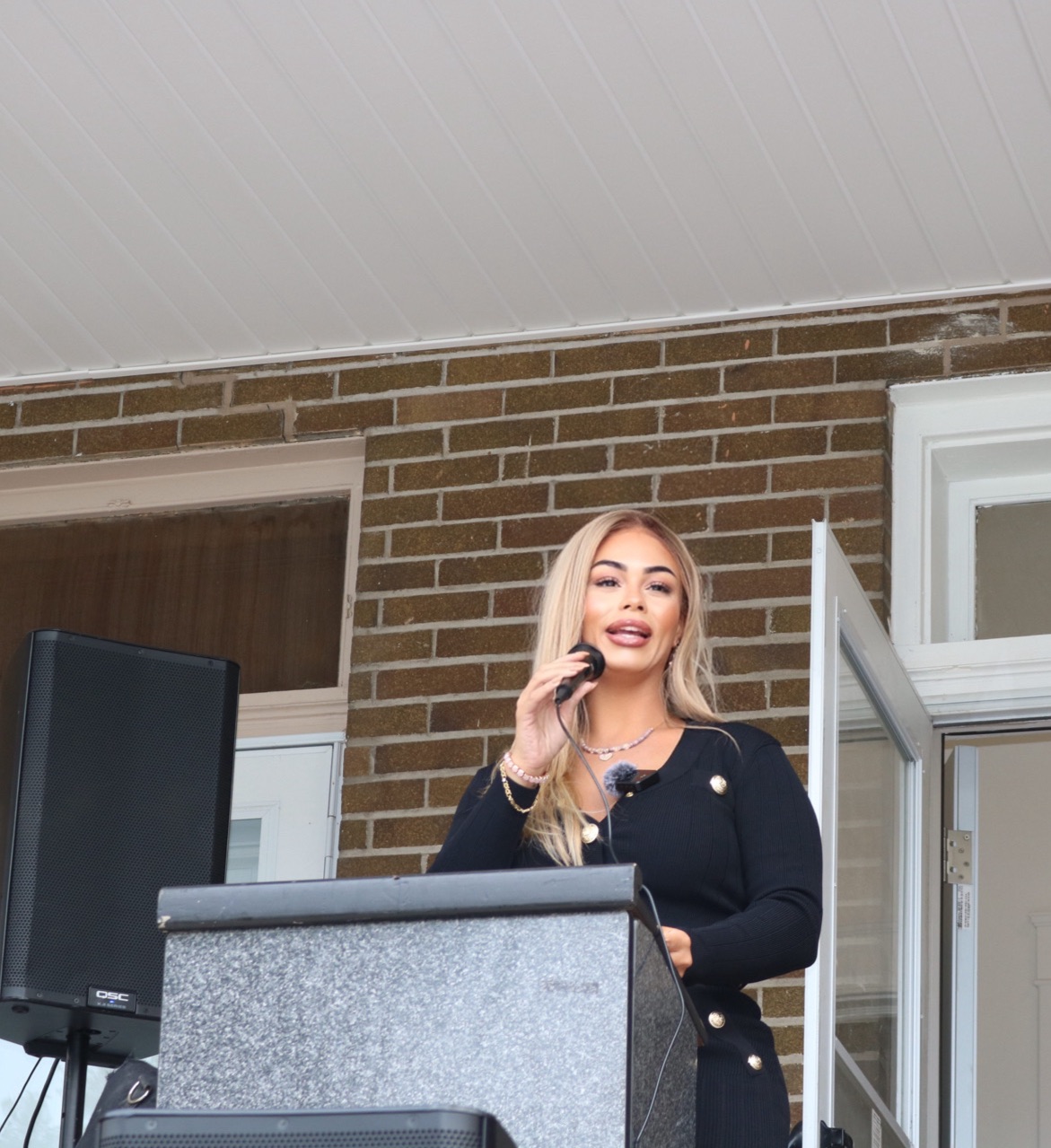
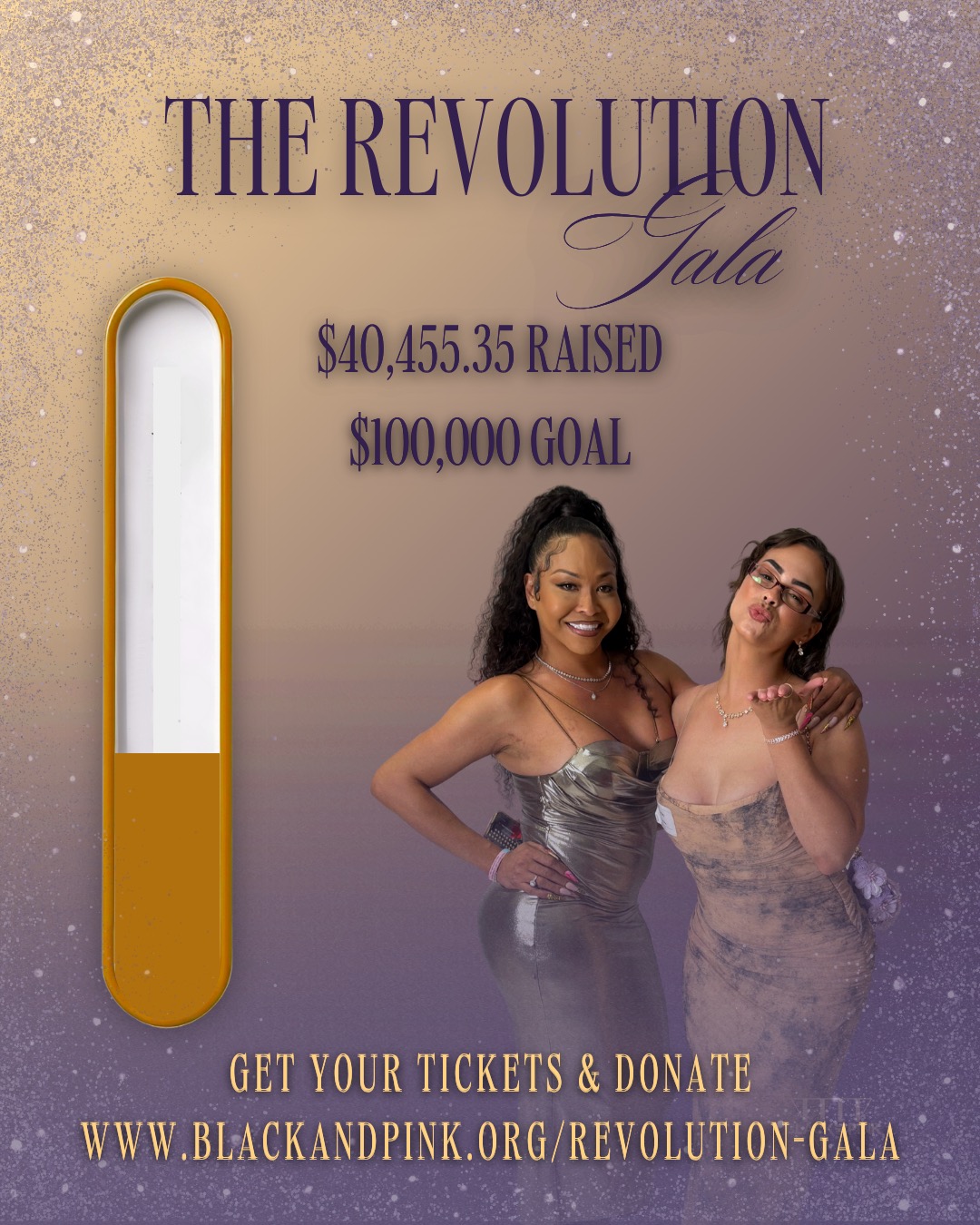
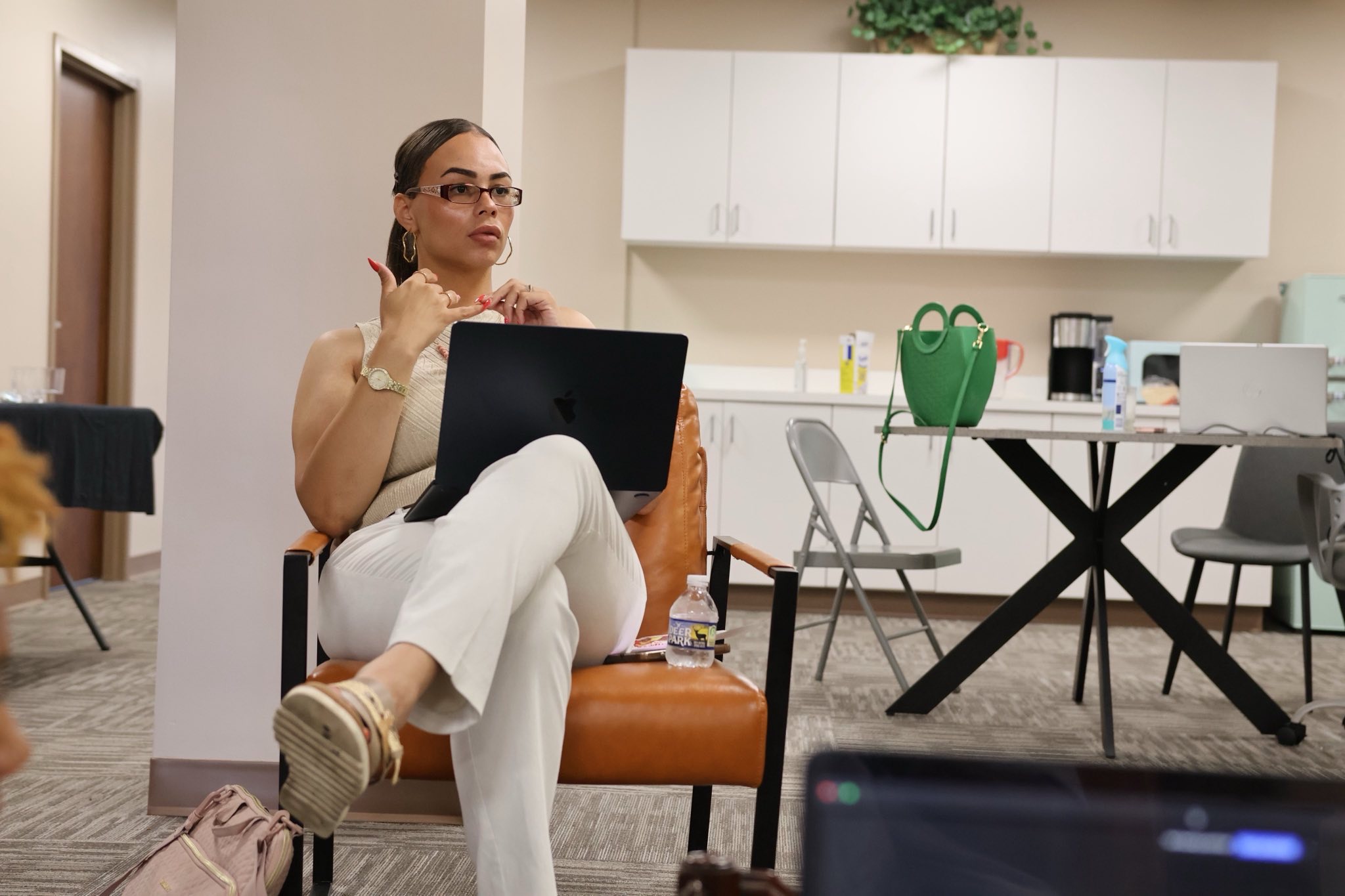
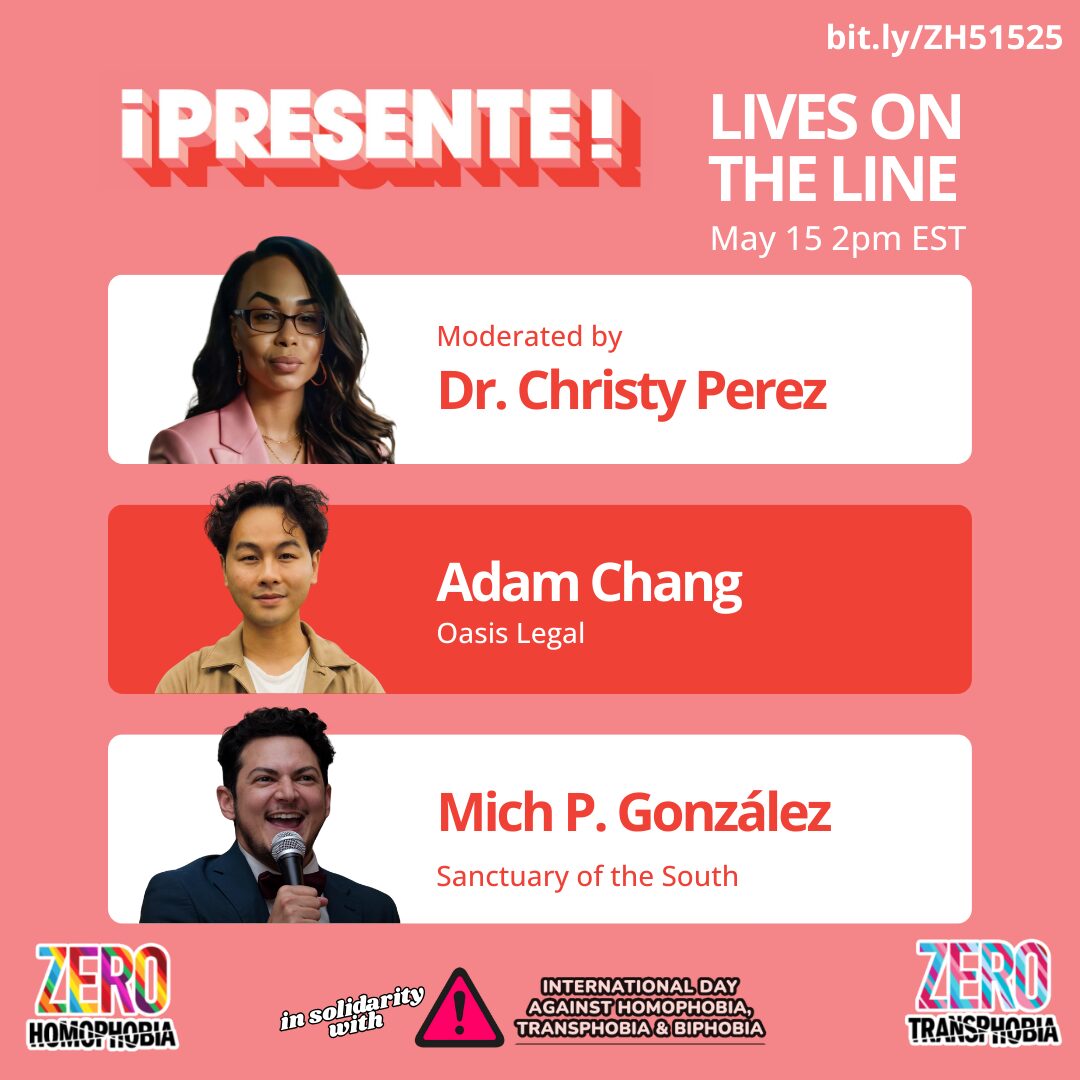
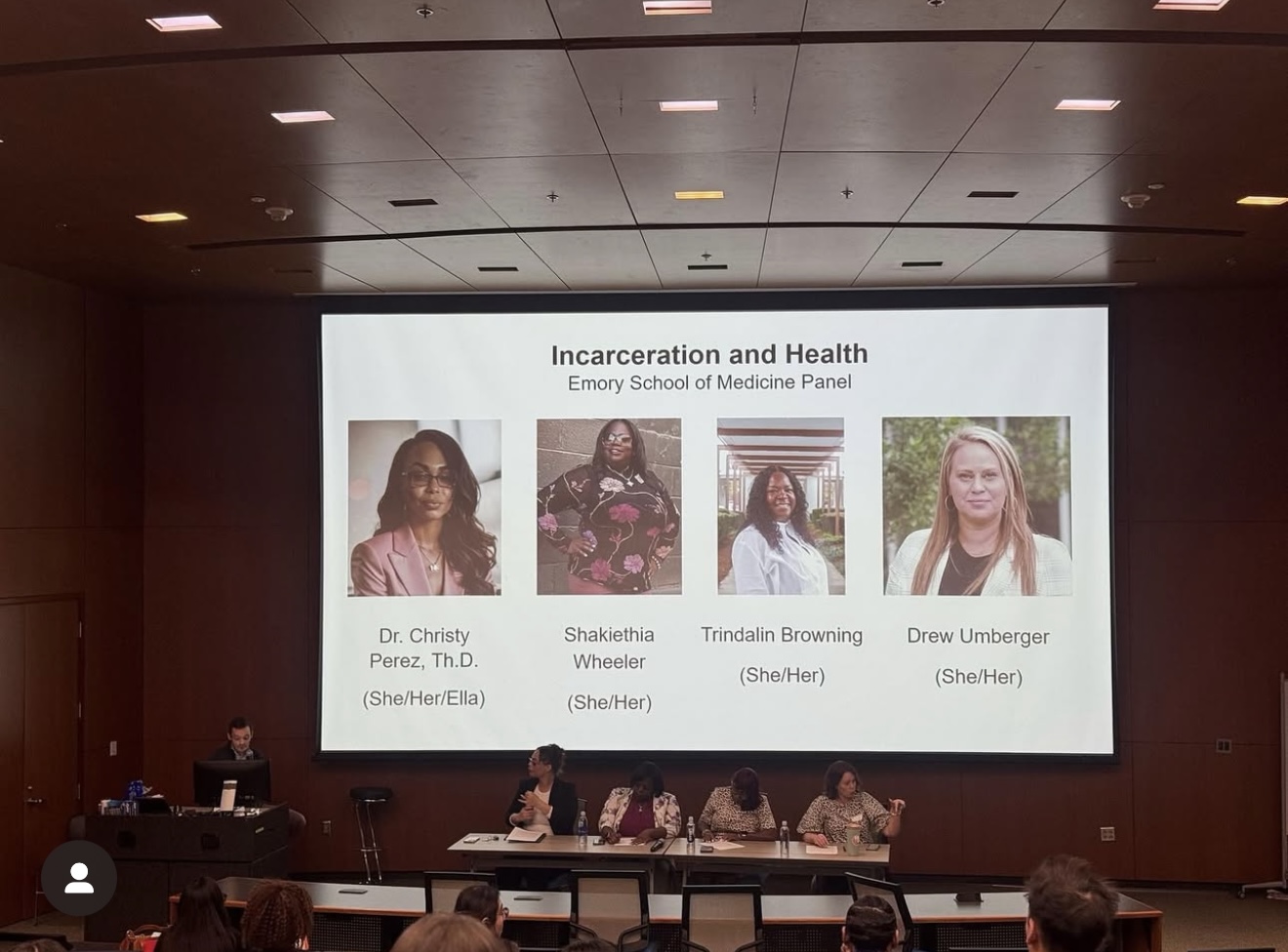
Image Credits
3rd and 8th are credited to Dean Snead, SNaPCO.
7th is credited to Black & Pink National
9th is credited to Latinos in the Deep South
10th is credited to Dominik Licona
The rest can be credited to me, courtesy.













